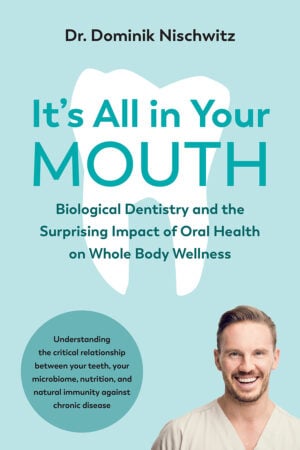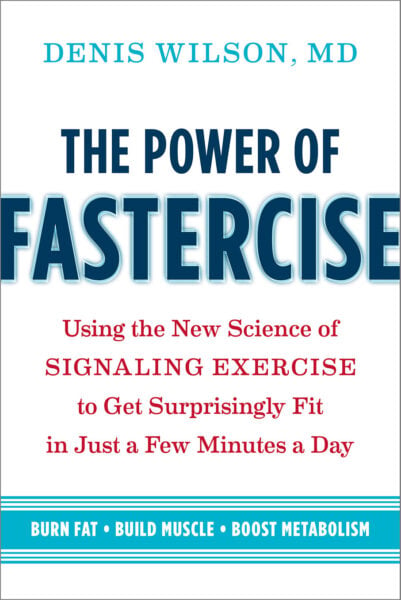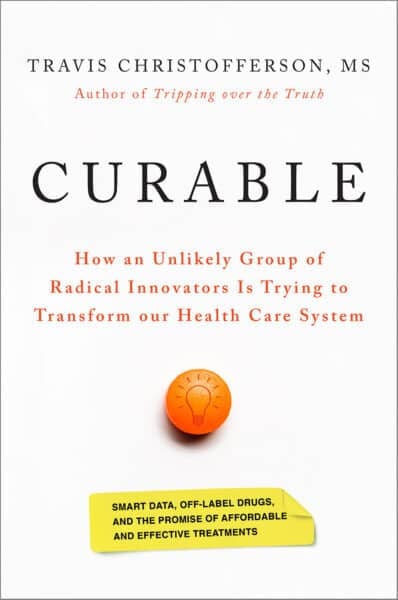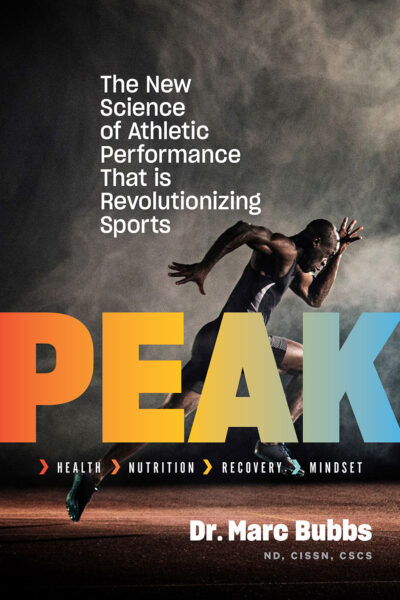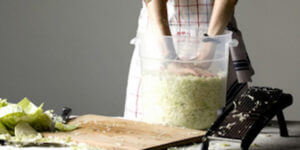Staying Healthy: FAQs About Dental Care
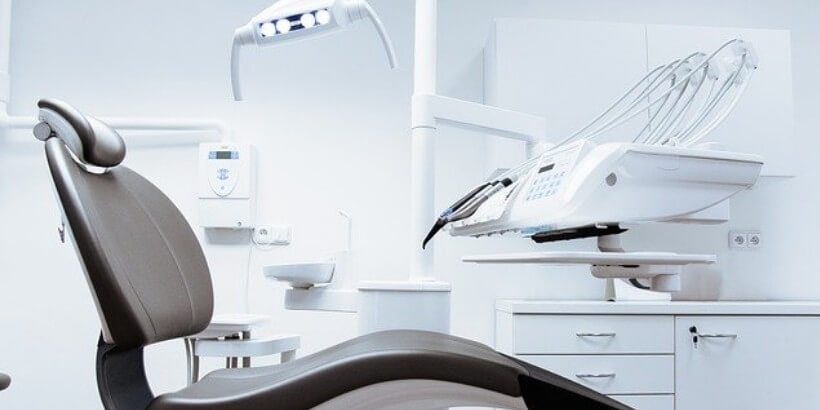
Going to the dentist strikes fear in the hearts of many, but a lot of this fear stems from not knowing if we’re taking the proper care of our teeth. Dr. Dominik Nischwitz answers the most frequently asked questions regarding dental hygiene.
The following is an excerpt from It’s All in Your Mouth by Dr. Dominik Nischwitz. It has been adapted for the web.
Prefer Audio?
Listen to the following excerpt from the audiobook of It’s All In Your Mouth. It has been adapted for the web.
Obviously it’s best to keep your own teeth for as long as possible. The right diet is the most important factor here. But of course dental hygiene also plays a big role. Given that there is still a lot of uncertainty surrounding this topic, I’ve put together some of the most frequently asked questions along with my answers.
After eating, or once in the morning and once in the evening: How often should you brush your teeth?
Personally, I brush my teeth once a day in the morning. I have never had a cavity and I don’t believe I would get one even if I stopped brushing my teeth in the morning. But that’s because my diet matches the nutrition plan described above almost 100 percent. I rarely eat carbohydrates and very rarely touch sugar, plus I make sure I regularly get additional nutrients. I am convinced that this is a more important factor for avoiding tooth decay than regular dental hygiene. However, this should not be understood as a recommendation to let good oral hygiene slip. For those who can’t manage eating healthily all the time, I recommend the classic cleaning routine in the morning and at night.
What’s the best type of toothbrush to use?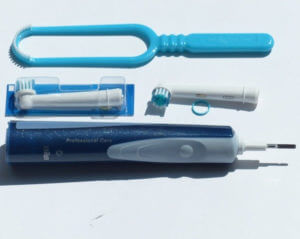
I always recommend using an ultrasonic toothbrush. If used correctly, it can leave your teeth very clean. Those who prefer to brush manually can continue to do so, but electric toothbrushes are generally always better than manual. However, the same principle applies to both methods: Always brush in a circular motion without applying too much pressure, and never scrub.
Which toothpaste is the best?
In my opinion, the perfect toothpaste hasn’t been invented yet. Most products are full of dubious additives that have no place in the mouth—including the fluoride mentioned earlier, but also many other problematic additives, including a harmful substance called titanium oxide (a white coloring also known as E171).
I always recommend fluoride-free toothpaste to my patients, preferably with an aloe vera base. In addition, toothpaste shouldn’t contain any abrasive particles that could damage the enamel. These are typically found in toothpastes that are supposed to whiten teeth. Stay clear of these.
Does mouthwash improve oral hygiene?
Mouthwash solutions promise to freshen breath, destroy bacteria, and soothe inflamed gums—and I think they are all unnecessary. Some chemical rinses even have a negative effect: They are harmful to the mouth and the periodontium because they disturb and disrupt the oral flora. If you want to do something good for your teeth aside from just brushing them, you should pull oil instead. Fish oil would be a very healthy oil for doing this—but admittedly it isn’t for the fainthearted. Virgin coconut, walnut, almond, and olive oil are much more pleasant. Coconut oil has the added benefit of being antibacterial and antiviral. Oil pulling is very easy to do. Keep a tablespoon of oil in your mouth for as long as possible, and after a minimum of five minutes, spit it out again—don’t swallow.
Should I have my teeth professionally cleaned on a regular basis?
That’s something I definitely recommend, yes! You should have your teeth professionally cleaned at least twice a year. Anyone with implants, bridges, and/or crowns should have their teeth cleaned even more frequently. This is because it’s impossible to clean as thoroughly as a trained specialist by yourself. Professional dental cleaning should not be a chore—I see it as a kind of cosmetic treatment. Afterward, teeth are polished white and pleasantly smooth.
What else can help whiten teeth?
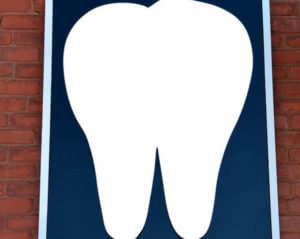 I recommend what is known as an in-house bleaching to anyone who wants whiter teeth. This takes place in a dentist’s practice after a professional cleaning. It lasts an hour to an hour and a half and leaves you with visibly whiter teeth after just one session. The downside is that sometimes teeth are sensitive for a while afterward. Another version of this treatment is having impressions of your teeth taken after a professional cleaning, which are then used to create bleaching rails. These can be brushed with a whitening agent and worn at home, for example at night.
I recommend what is known as an in-house bleaching to anyone who wants whiter teeth. This takes place in a dentist’s practice after a professional cleaning. It lasts an hour to an hour and a half and leaves you with visibly whiter teeth after just one session. The downside is that sometimes teeth are sensitive for a while afterward. Another version of this treatment is having impressions of your teeth taken after a professional cleaning, which are then used to create bleaching rails. These can be brushed with a whitening agent and worn at home, for example at night.
It takes around two weeks to reach the desired result. The advantage is that you can rebleach your teeth whenever you feel like it without having to go to the dentist’s. The downside is that teeth react sensitively to red wine, coffee, and green tea during the treatment period, which is why it should be used sparingly. It’s also important to make sure that only natural tooth substance is whitened as opposed to crowns or fillings, so there can sometimes be differences between fillings and teeth after bleaching. If carried out incorrectly, bleaching can therefore damage the enamel and is therefore best left in professional hands. It’s best to steer clear of home remedies such as baking soda with lemon or whitening strips.
I have sensitive teeth. What can I do about it?
One product you can use for sensitive teeth is tooth mousse, a fluoride- free paste low in chemicals with mineral components. However, it can be difficult to apply. In any case, it’s better to solve the problem through nutrition. Sensitive teeth are a sign of mineral and micronutrient deficiencies, especially vitamin D3.
I have implants and bridges. Is regular brushing enough to maintain them?
Any type of dentures require a bit more care than regular teeth. The most important thing to remember is to have your teeth professionally cleaned more than twice a year.
I don’t just want to have my teeth repaired, and my overall health is important to me. Which type of dentist should I see?
Conventional dentistry still pays too little attention to the overall health of patients. This is why I currently only recommend dentists who are specially trained in biological dentistry. These dentists always think of the organism as a whole when devising a treatment approach.
But isn’t all this very expensive?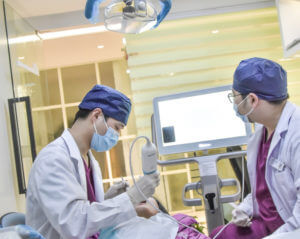
Most services offered in biological dentistry are not covered by health insurance so patients have to pay for them. Investing money in our health, and especially in the prevention of illnesses, is difficult for many people. Yet we are almost all willing to spend money if we are ill and have a chance of recovering.
Sometimes we have to decide what to spend money on: the next holiday, an expensive smartphone, or our health. If health is your number one priority, you can always find a way. People who are struggling financially can also start gradually: First have all the metals removed from your mouth, which often brings great relief to the whole body.
I’m really terrified of going to the dentist.
Dentists work in a very delicate and sensitive area. But today we have the option to make any treatment virtually painless. Since I started working as a biological dentist, all of my patients look forward to their appointments because they know they will finally be able to get to the bottom of their problems and find a solution (which they have sometimes waited a long time for). The focus is clearly on health. In the future I would very much like all patients to be happy to visit the dentist, knowing that we can help them to improve or regain their health.
Recommended Reads
Recent Articles
Many know the effects of catnip on our feline friends, but few realize that catnip has medicinal effects for humans. From stomach aches to reducing fevers, catnip is a versatile herb with many benefits. The next time you grow this plant for your cat you may end up taking a few cuttings for yourself! The…
Read MoreWhether you’re looking to replace your end-of-the-day cocktail, relax before bed, or want something new to add to your tea, this non-alcoholic mocktail syrup base will do the trick. Delicious and all-natural, take a sip of this nightcap mocktail and feel your troubles melt away. The following is an excerpt from Herbal Formularies for Health…
Read MoreSurprisingly, medicine can actually be delicious. This anti-inflammatory smoothie uses natural (and tasty!) ingredients to help reduce inflammation caused by any number of circumstances. The following is an excerpt from Herbal Formularies for Health Professionals, Volume 4 by Jill Stansbury. It has been adapted for the web. RECIPE: Ginger and Pineapple Anti-Inflammatory Smoothie This is an all-purpose…
Read MoreMake your own delicious, healthy, probiotic sauerkraut! Four easy steps are all you need to turn fresh garden veggies into a long-lasting, tangy, pungent condiment. The following excerpt is from The Art of Fermentation by Sandor Ellix Katz. It has been adapted for the web. 4 Simple Steps to Making Sauerkraut The English language does…
Read MoreDo you love Cheez-Its, but not the nutrition facts? Try your hand at this healthier, homemade version. These crunchy, cheesy snacks are not only ridiculously yummy, they’re also very easy to make! The following recipe is from The Heal Your Gut Cookbook by Hilary Boynton and Mary G. Brackett. It has been adapted for the web. RECIPE:…
Read More

